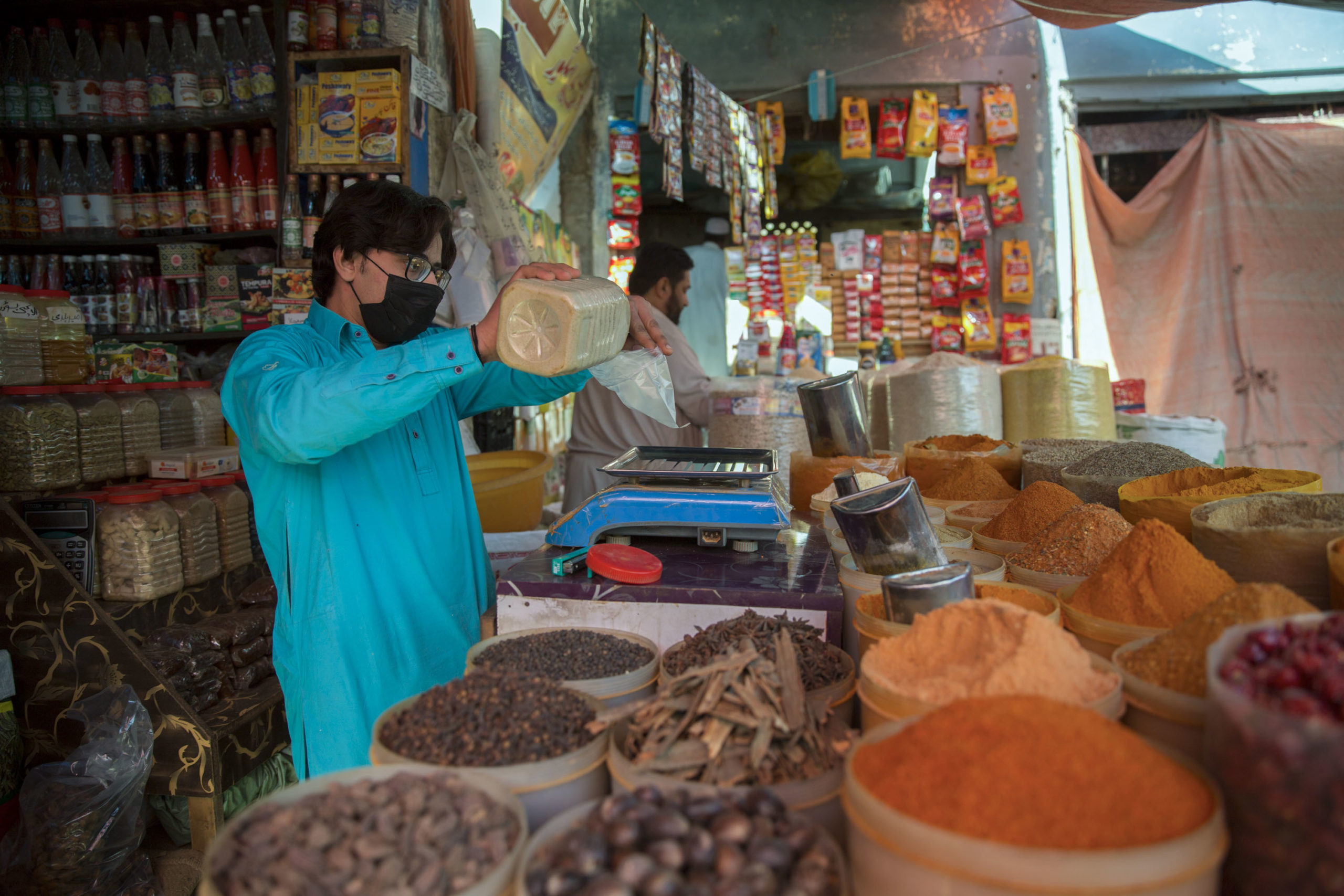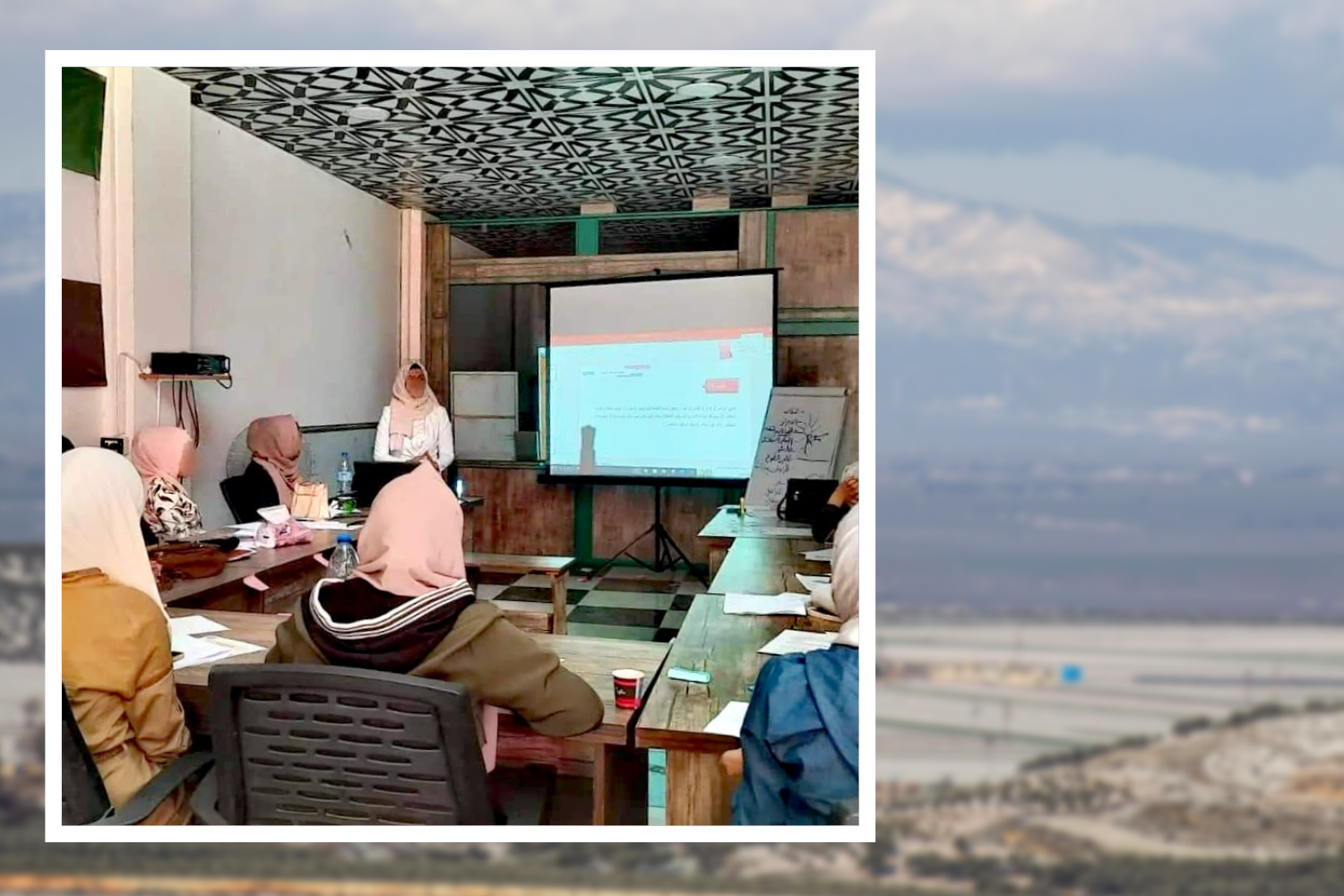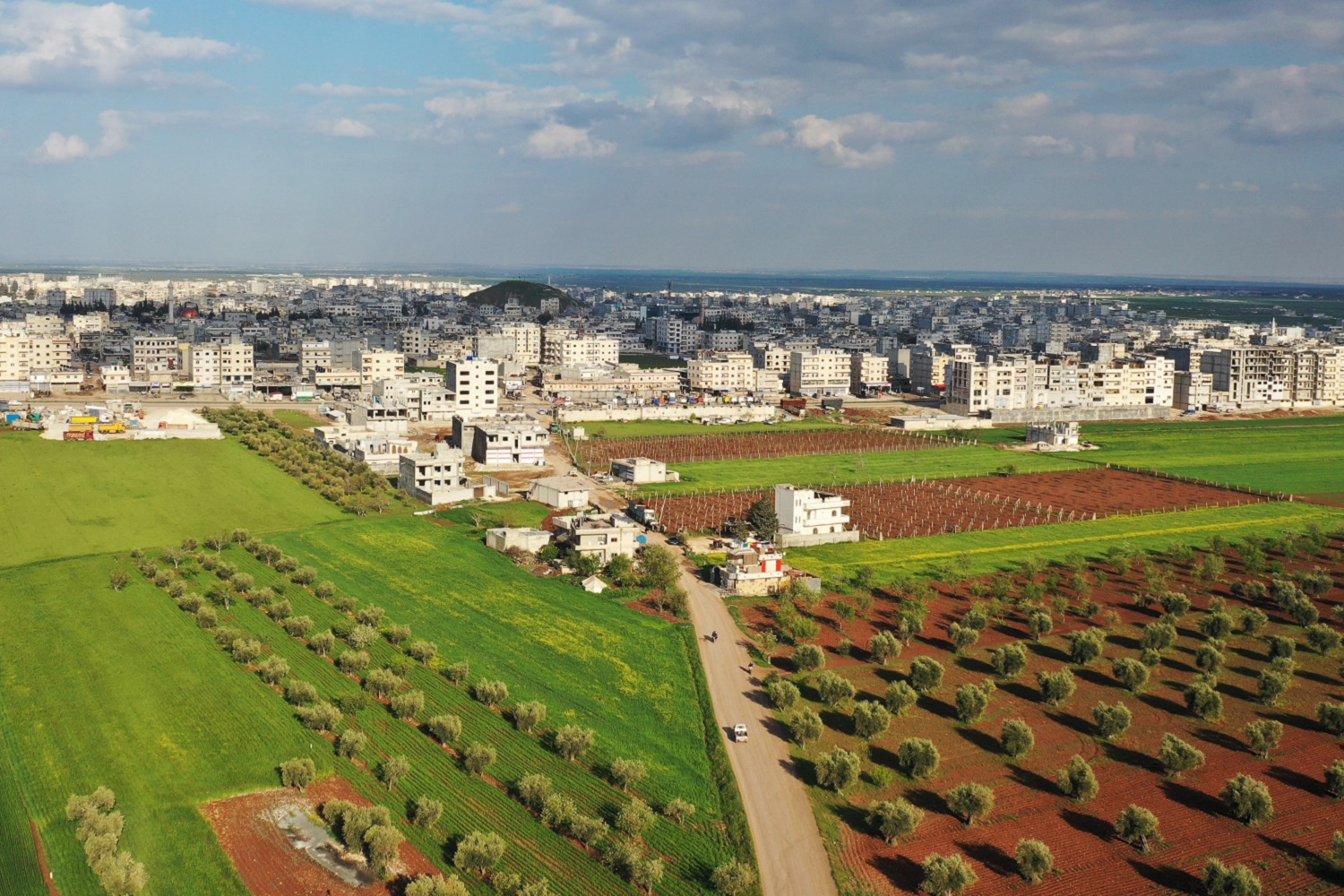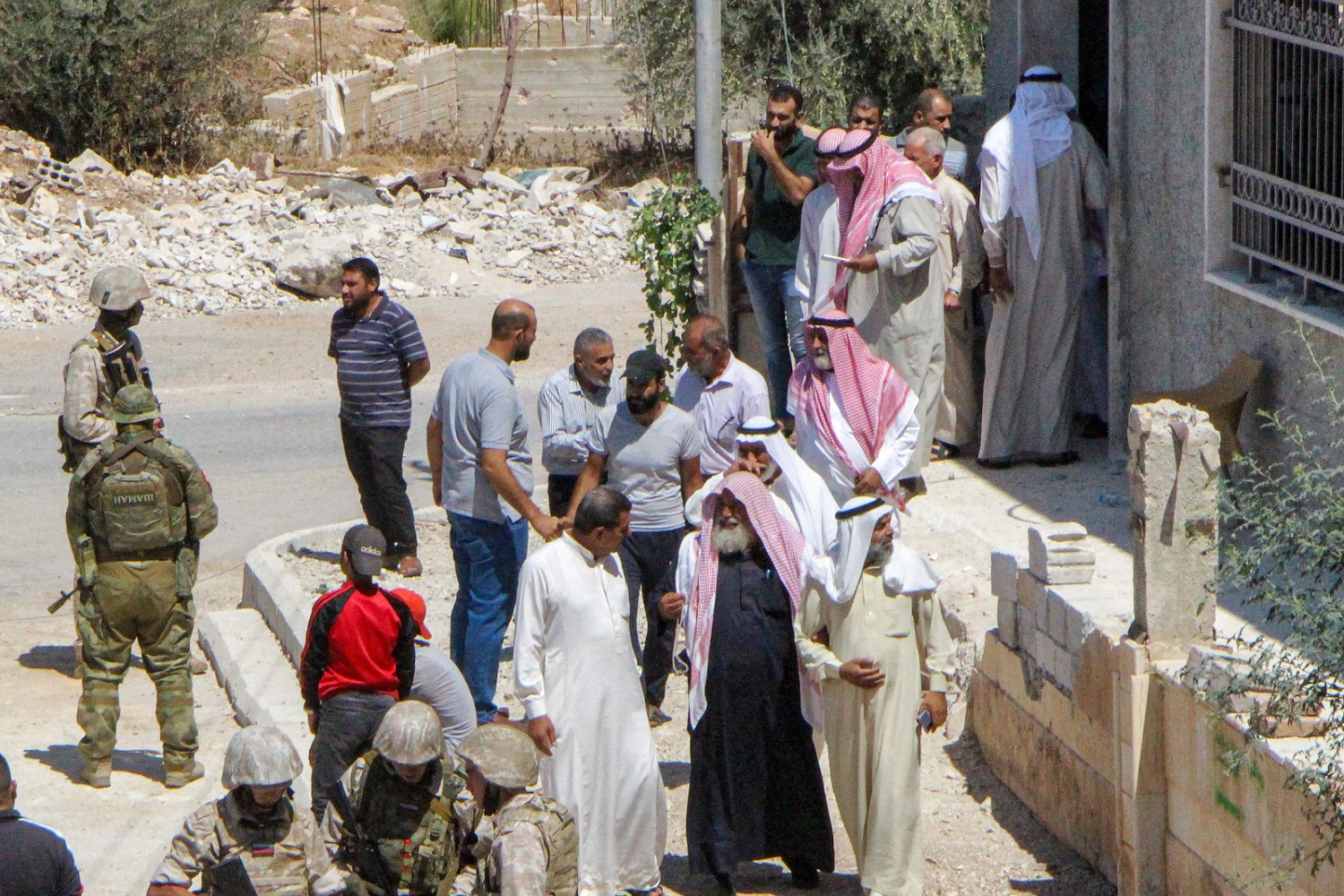Hannah den Boer examines regional responses to Covid-19 by the Organisation of Islamic Cooperation.
COVID-19, unsurprisingly, has had far-reaching repercussions in the Middle East and North Africa (MENA). The pandemic has affected the MENA region, which stretches from the Maghreb in North-West Africa to Pakistan in the east, in different ways. The variety in political structures, health system preparedness, and economic conditions across MENA countries translates into large inequalities between countries in terms of their capacity to cope with health emergencies and its averse consequences.
In a World Health Organisation (WHO) report of 28 February 2020, in which countries preparedness and response status are ranked on a scale of 1 (no capacity) to 5 (sustainable capacity), United Arab Emirates scored 5, whereas conflict-affected countries Afghanistan, Iraq and Pakistan scored 2. Similarly, further down the line of the virus’ development, in September 2020 the richer Gulf Countries boost an average recovery rate of 81.4 per cent, compared with the global rate of 57%.
Regional Organisations and Covid-19
Regional organisations can function as a bridge between states to redistribute capacity, resources, and information (see our other blogs listed below)[i]. During a meeting on November 23rd 2020 between United Nations (UN) Secretary-General Guterres and 23 regional organisations, Guterres underscored that partnerships with regional organisations are more significant than ever, as there is potential for the regional level of governance to play a vital role in the pandemic response, especially in conflict-affected regions where the pandemic is aggravating humanitarian crises.[ii]
There are many regional organisations with MENA Member states, including but not limited to the Arab League and the Gulf Cooperation Council. However, this piece focuses on the Organisation of Islamic Cooperation (OIC) and its subsidiary organs due to its concrete Covid-19 response. Although not technically a regional organisation in that it unites 57 member states over four continents, the majority of members are located in MENA and the Organisation has always had a strong MENA interest. Most remarkable in OIC’s Covid-19 response is its redistribution of strong financial resources among its Member States, and its capacity to construct a collaborative response with religious elements. The research underpinning this blog is based on OIC press releases and policy documents on Covid-19 between March 2020 and December 2020.
The Organisation of Islamic Cooperation
Since its creation in 1969, the OIC understands itself to represent Muslim communities worldwide, and it aims to protect the interests of the Muslim world. With 57 memberships, OIC is the second-largest intergovernmental organisation in the world, after the United Nations.
It is indeed noteworthy that the Organisation is defined by a shared faith instead of geographical reach – it is in essence a global organisation of Muslim states.
The OIC and its subsidiary organs have deployed several responses to support its members in responding to the pandemic. Between March 2020 and December 2020, eleven meetings in total took place that were dedicated to Covid-19. On 9 April 2020 the first ministerial-level virtual emergency meeting took place with health ministers of OIC Member States. The main goal of this meeting by the Steering Committee on Health was to discuss the coordination of individual and collective responses and efforts. This resonates with the objectives of the OIC charter which calls for cooperation of member states in humanitarian emergencies. It furthermore called on multilateral collaboration with WHO and GAVI and other organisations to help accelerate the development, production, and distribution of vaccines.
Financial assistance
In a region with deep differences in health preparedness capacity, regional organisations can serve as a force of redistributing pooled resources efficiently. In OIC’s case, even before the first virtual emergency meeting was held, a Strategic Preparedness and Response Programme of US$2.3 billion was already initiated by the Islamic Development Bank Group (IsDB Group) to support Member Countries affected by Covid-19. IsDB Group consists of several OIC subsidiary organs. The programme aims to facilitate pandemic responses by Member States and to promote recovery on the short, medium and long terms. The entities collectively target both the public and the private sector, and will do so by supporting the strengthening of health systems, funding of national epidemic preparedness and response plans, community awareness and education, disease surveillance, data collection and analysis, sustained provision of essential social services, provision of social safety nets, and support private sector activity.[iii]
At larger risk are least developed countries (LDCs). The Islamic Solidarity Fund for Development (ISFD) is one entity of the IsDB Group which is responsible for poverty alleviation among the member states. Under ISFD a separate account was set up in early April to give urgent, short-term assistance to LDCs in the OIC region. The total amount of the fund was US$50 million to strengthen health capabilities of LDCs, and included medical protection and prevention devices; laboratory supplies and medicines; masks; beds et cetera. This fund was released in three stages to three different groups of countries. In a region where 21 of 57 member states are considered LDCs[iv] these efforts are not sufficient for the scope of problems and poor health infrastructures in the OIC region
What we are seeing in addition is countries making donations bilaterally to LDCs, instead of using ISFD as a channel. In April, Saudi Arabia announced to donate US$38 million in health aid to Yemen, while donating US$9 million to ISFD. Saudi Arabia’s stake in the Yemen war is clear, and it is therefore important to remain observant when such funding moves are being made. A further analysis is beyond the scope of this blog, but in a region where countries have stakes in conflicts and fight proxy wars, an analysis of suppliers of bilateral and pooled funds amounts sheds light on the employment of diplomatic strategies to assert power in a context of conflict.
Vaccine planning
The OIC General Secretariat requested several OIC sub organs to map institutions across the member countries that undertake research activities for diagnostics and vaccines.[v] The goal was to improve coordination among scientists, manufacturers, and health professionals, and to strengthen manufacturing capacity. There are no details available online on the follow-up of this plan.
On 9-10 December 2020, a two-day virtual workshop was held to enhance collaboration in production and distribution of vaccines. Officials were brought together from National Medicines Regulatory Authorities (NMRAs); Pharmaceutical companies, researchers and scientists from across the OIC Member States. The meeting was hosted by the Indonesian Food and Drug Authority in collaboration with the OIC General Secretariat. A framework of cooperation is laid out in the Jakarta Declaration and Plan of Action of 2018, a plan which encourages cooperation for self-reliance in the manufacturing and supply of affordable and quality medicines and vaccines which are Halal certified.
We are yet to see if the Plan on vaccination management, drafted in 2018, can function as a roadmap for Member States to work together to effectively manage vaccination support. Especially in light of vaccine nationalism, extra attention should be given to LDCs, and conflict-affected countries. The majority of these have insufficient or no pharma manufacturing capacities. A high number of OIC countries are eligible for COVAX vaccine support, a global initiative led by GAVI and WHO. However, since the meeting of the Steering Committee on Health on 9 April, there hasn’t been a follow-up on the Organisation’s coordination with GAVI on vaccine planning (last checked on 12 March 2021).
Religious considerations
A distinctive part of OIC’s response has been to bring attention to religious challenges posed by the pandemic. The discussions from the 9 April meeting also stressed the significant role of religious and community leaders, and Muslim scholars to promote appropriate health-seeking behaviour with respect to Islamic teachings. In a similar vein, on 16 April 2020 a virtual symposium was held by OIC subsidiary organ the International Islamic Fiqh Academy (IIFA) to review Shariah provisions regarding health directives during the pandemic. Physicians, Fiqh academics and other experts gathered to examine exceptional matters such as Ramadan fasting and congregational praying during lockdown. In June, OIC applauded Saudi-Arabia’s precautionary measures taken to organising Hajj, the greater Muslim pilgrimage to Mecca.
OIC furthermore used its capacity to leverage its religious network to to support WHO’s efforts in high-risk areas. OIC Secretary-General met with the Islamic Advisory Group for Polio (IAG) in early March 2020.[vi] IAG includes OIC, IsDB, International Islamic Fiqh Academy, and several eminent Islamic scholars, religious leaders, and medical experts. They discussed opportunities to support WHO in their global response given IAG’s experience with existing polio eradication campaigns since 2014. IAG suggested it could serve by using its local network of religious and community leaders in raising awareness about the pandemic and sensitising communities to abide by health rules. Consequently, IAG national groups have been mobilised in Afghanistan and Pakistan at different levels to help with the response. Several of these scholars are members of committees at district levels and have aided with the implementation of government’s precautionary measures. IAG national groups recorded video messages in local languages to advise communities on Shariah-compliant health measures, and several members conducted TV and radio interviews to raise awareness on Covid-19 from the Islamic perspective. In Afghanistan, IAG assisted in translating WHO guidelines on managing dead bodies and shared this with mosque imams and religious scholars. In collaboration with the Afghan Ministry of Public Health, and supported by WHO and UNICEF, IAG furthermore organised a five-day training on public health priorities for 28 religious scholars from various high-risk provinces. IAG focal persons instructed social mobilisers how to deal with vaccine refusal and hesitancy in the community. They also used public preaching occasions to educate the public on the importance of vaccinations, and gave interview to numerous national media outlets to further raise awareness.
Information sharing
Understanding the harmful role of unreliable and fake news during a pandemic, the General Secretariat launched an awareness-raising campaign in both English and Arabic on May 16th on several social media platforms. The OIC research organ Statistical, Economic and Social Research and Training Centre for Islamic Countries (SESRIC) moreover launched a special page with numbers of the spread of the virus in OIC member states, with a dashboard for the public and policy-makers that gives easy access makers on data on total confirmed cases, fatal cases and recovered cases in OIC Member States. Following the request by the OIC Secretary-General, SESRIC prepared a research study titled “Socio-Economic Impact of COVID-19 in OIC Member States: Prospects and Challenges”.[vii] The study provides policy suggestions at both the national level, as well as the OIC-cooperation level, aimed at minimising averse socio-economic consequences.
Further meetings
Finally, numerous virtual meetings took place to discuss challenges and share information with a variety of actors, both within as without the Organisation. On June 3rd there was a video conference with OIC universities to discuss challenges they face during the pandemic; on June 11th, a video conference was held by OIC’s Women’s Advisory Council on the challenges faced by girls and women during the pandemic; on June 19th a virtual meeting was held between OIC General Secretariat and the UNHCR Gulf Representation addressing the adverse implications of the pandemic on refugees; on September 29th a virtual meeting between OIC and EU discussing common interests and issues, including both parties’ efforts made to respond to the pandemic; on October 26th a virtual meeting took place between the General Secretariat and Committee of Permanent Representatives (CPR). There is no public information available on the content of this meeting.
Regionalism: a comparative advantage
Regional organisations are well-positioned to use their comparative advantage to forge resourceful coordination to address the pandemic. OIC has demonstrated this well. It has redistributed resources in a large region where capacities are uneven. Swift coordination with the IsDB Group resulted in the unlocking of pooled resources which has facilitated efficient and optimal distribution of much needed support to Member States. Secondly, OIC has effectively used its capacity to address the pandemic from an Islamic perspective. It has served as a bridge between the global level and the (sub)national level, by tapping into its religious network on the community-level to bring WHO’s response to high-risk areas. Furthermore, throughout the pandemic OIC has promoted information sharing with multiple audiences, and tackled misinformation with WHO.
The aid delivered by ISFD, however, is not sufficient for the scope of the issues in countries where health infrastructures are weak. OIC should make it appealing for countries to make donations through their funds, like ISFD, instead of making bilateral transactions. Moreover, in terms of concrete vaccination support OIC seems to have missed an opportunity. Regional organisations can function on the supra-national level in support of domestic vaccination processes, for example by facilitating trade by lifting barriers, and mobilising supply chains. We have seen the costs of non-cooperation among countries during this pandemic, whether with regard to closing borders, sharing best practices, or vaccine distributions. The regional level is a potent addition to push coordination between member states, and to complement existing measures where the national and global level fall short.
This blog was originally published by the Political Settlements Research Programme here



